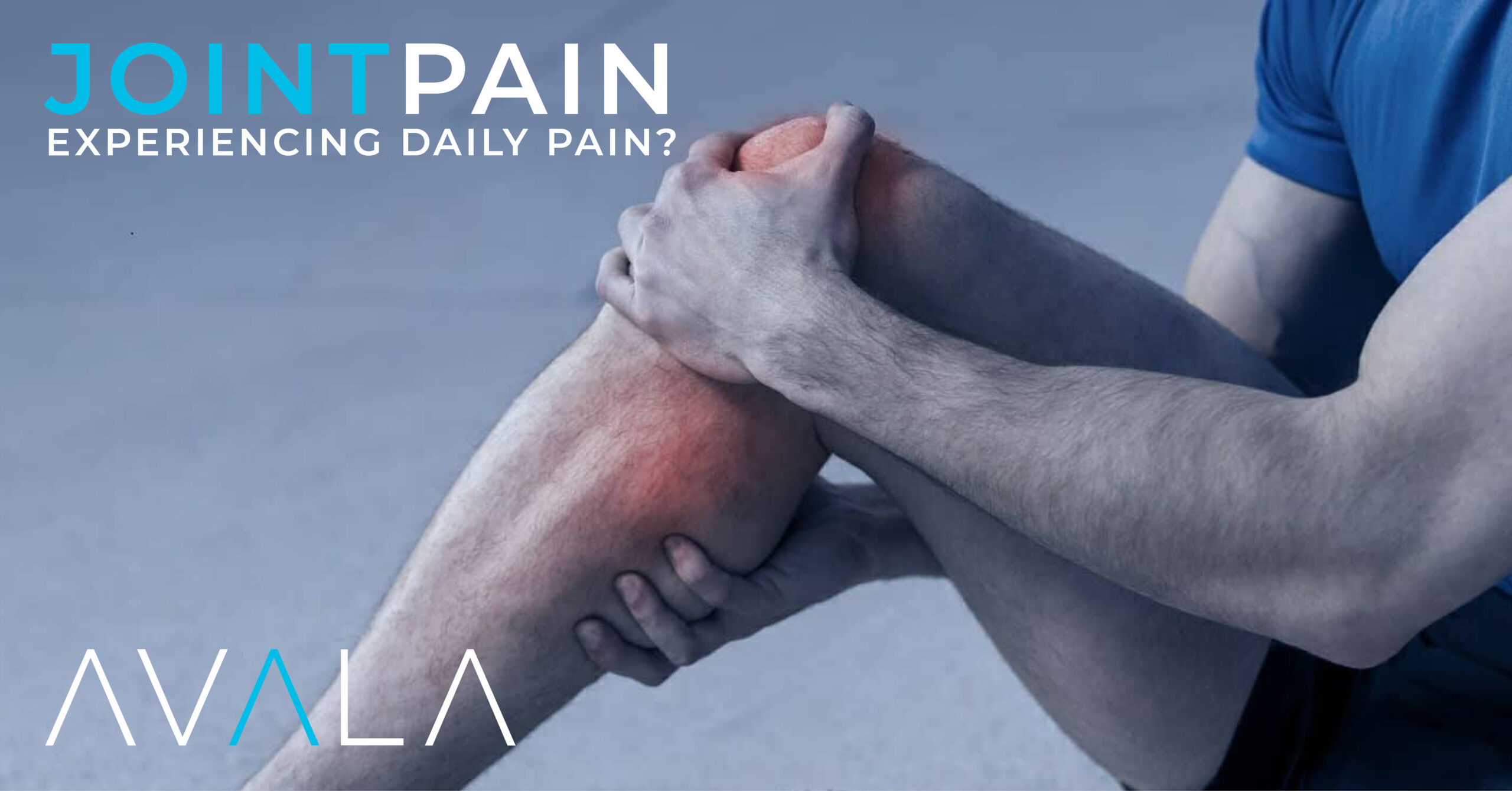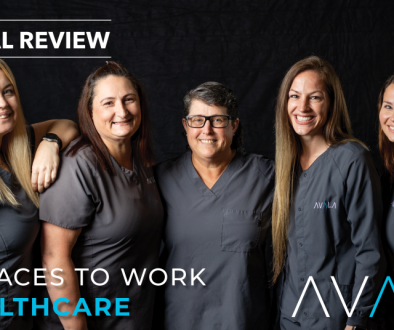Are You Considering A Joint Replacement?
Are you considering having a joint replacement? Is joint pain beginning to get in the way of activities you need to do, or even preventing you from enjoying things that used to be fun and easy? Are you concerned that joint pain may be threatening your mobility or even your independence?
Joint Replacement – What’s the Big Deal?
As our bodies age, so do our joints. Arthritic joints used to be the number one reason people became immobile or disabled. This is no longer the case since the invention of modern surgical joint replacements.
Having a joint replacement is a big deal, and the early joint replacements required large incisions, lots of hospital time and were a long painful experience. Times have changed however and surgical techniques for joints themselves have become even more sophisticated.
We are at a point in history where joint replacements can now be done as an “outpatient” procedure which means patients are on their feet a few hours after surgery and out the doors of the hospital or surgical center in 24 to 48 hours! Modern joint replacements were first performed in the 1960s. Since that time, they have become the most frequently performed orthopedic surgery in the world.
In the U.S. alone more than 1 million joint replacements are performed each year.
Joint replacements routinely free people from the misery and limitation of joint disease and restore them to active, pain free lives where they don’t have to take medication every day to control their joint pain. In addition to this, limbs that have become bowed or crooked can be straightened, leg length differences can be evened up, and this in turn prevents wear and tear in other areas of the body such as the spine.
People who have suffered joint pain for many years are usually very happy to have the diseased joint replaced with an artificial one. The thing we hear most often from these people are the words:
I wish I had done this sooner.
We understand the reluctance to have an entire joint replaced and many people hang on for years hoping the medicine will help or technology will yield another solution. Ultimately, when they decide to proceed with surgery, the stress of having to deal with the problem is lifted and there’s a lot of relief for patients mentally.
If you are considering a joint replacement there are two people you need to know, an orthopedic surgeon and a physical therapist. Your joint replacement surgery will happen first. Post-surgery, you will then see a physical therapist for about 3 months – which is a time in which you work with them to gain improvement in your strength and flexibility. Here at Avala Physical Therapy we usually advise our patients that it takes a full 12 months to get the most out of a joint replacement, however. the first 3 months are the most important.
Good physical therapy is critical to your joint replacement surgery success. First you must recover from your surgery, next you have to reverse the accumulated effects of years of joint disease and physical limitation to restore strength, flexibility, balance and confidence. This takes a lot of commitment and work from you and with the skills and guidance of a great physical therapist, these efforts will pay off for years to come!
Joint replacements are supposed to last 15 to 20 years, but they often last much longer, some of the first hip replacements done in the 1960s lasted over 30 years and technology has advanced in leaps and bounds since then. The time you spend in rehab is an investment in your success over the coming years and even decades.
In this series of articles over the coming weeks we will talk in detail about join pain and some of its possible causes. I am also going to talk about things that affect the success of treatments, things you can do at home, and where is the best place to start if you want to fix the pain you have now or avoid pain in the first place.
In next week’s article on joint replacements, we will share a women’s testimonial about her joint replacement.
Contact
Do you have questions about Avala Physical Therapy or one of its programs? Call and schedule a complimentary consultation with one of our Physical Therapist experts today at 985.801.6265.
Thanks for reading. I hope you found something useful in this week’s article. Check in next week for more tips and tricks on how to get healthy and stay that way.
Paul Jones, Director of Physical Therapy/Rehabilitation Services
Avala Physical Therapy




